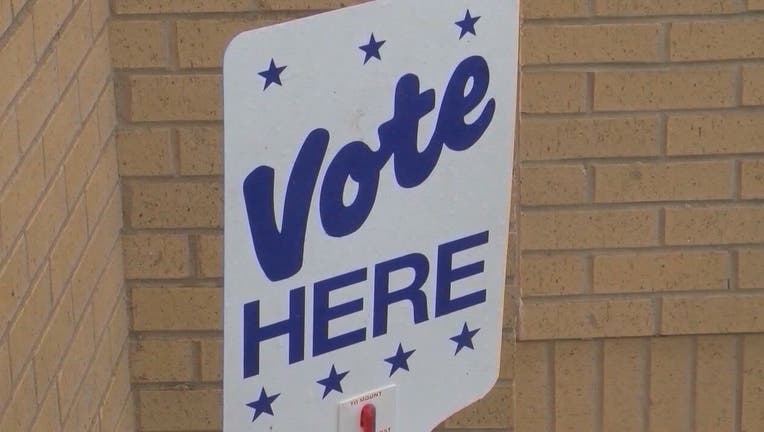Testimony: Arizona’s Native, Hispanic voters disenfranchised

PHOENIX (AP) - Native American and Hispanic leaders told a panel of members of Congress on Tuesday that decisions to reduce the number of polling stations and restrict early voting have disenfranchised members of their community.
Members of an elections subcommittee for the U.S. House of Representatives met in Phoenix to discuss voter issues.
The hearing also included several of Arizona’s congressional delegates.
Native leaders said their tribal members live in isolated and rural areas and have little access to voting locations.
Navajo Nation president Jonathan Nez said members of his tribe live in remote and rural areas and have difficulty accessing polling locations. He said many also use Navajo as their primary language and that they don’t always have access to adequate translation services.

